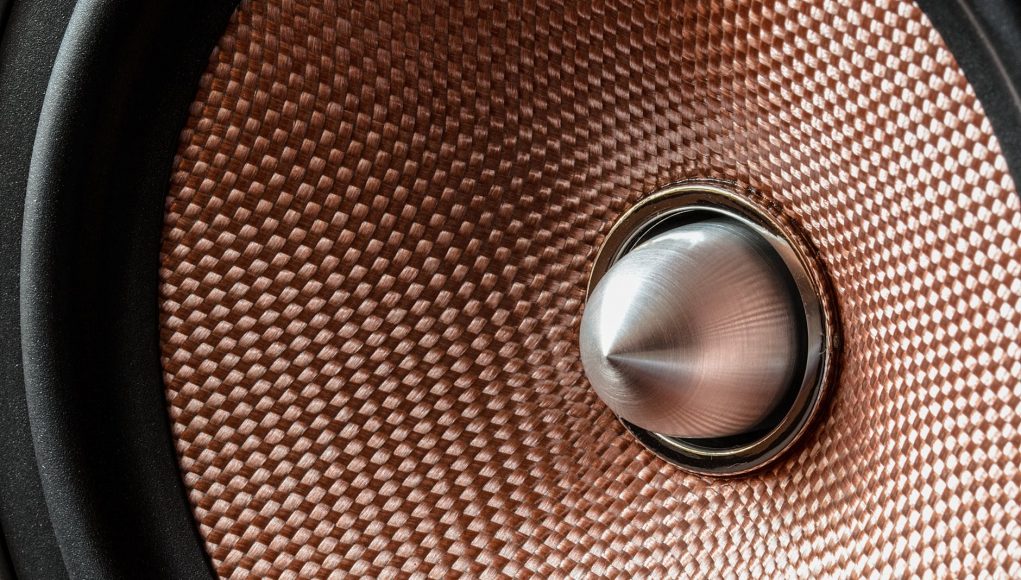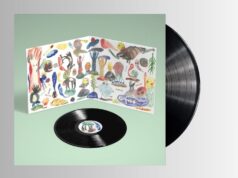The Meros ensemble was formed in 2023 in Tashkent by musicians from another important group on the modern composition scene in Uzbekistan, the Omnibus Ensemble. In this case, Meros can safely be called its emanation in the form of ardent experimenters. In turn, the Omnibus Ensemble, organised in 2004 by composer and conductor Artem Kim, became one of the few ensembles in Central Asia to perform contemporary academic music. Its repertoire included pieces by key composers of the 20th century: Mahler, Stravinsky, Cage, Ligeti, Denisov, Schnittke, Gubaidulina and others. The concerts also featured works by contemporary Uzbek composers such as Dilorom Saydaminova and Mustafo Bafoev.
The Meros ensemble, on the other hand, chose a strategy of performing original and more accessible music quickly becoming a fixture at city festivals. The group managed to synthesize jazz fusion, ambient, and academic avant-garde with the elegant sound curves of traditional Uzbek maqoms in their performances. Each Meros programme (the name means ‘Heritage’ in Uzbek) was dedicated to one of Uzbekistan’s iconic architectural structures. Unfortunately, after playing about 10 concerts, the ensemble disbanded in 2023.
The ‘Magʻoki Attori’ album was recorded live during Meros‘ debut concert at the Topot Vesny festival in Tashkent held at Plovistan on 11 February 2023. The programme of the performance was dedicated to the monument of medieval architecture — Maghoki Attori, a unique column-dome mosque of the 12th–16th centuries, located in the historic centre of Bukhara. The history of Maghoki Attori (the name means ‘Pharmacists‘ Pit’ in Uzbek) has deep roots in the Sogdian era. The mosque was built on the site of a former fire temple, next to which stood the Makh (Moon) bazaar, where deities were traded on the Navruz holiday.








